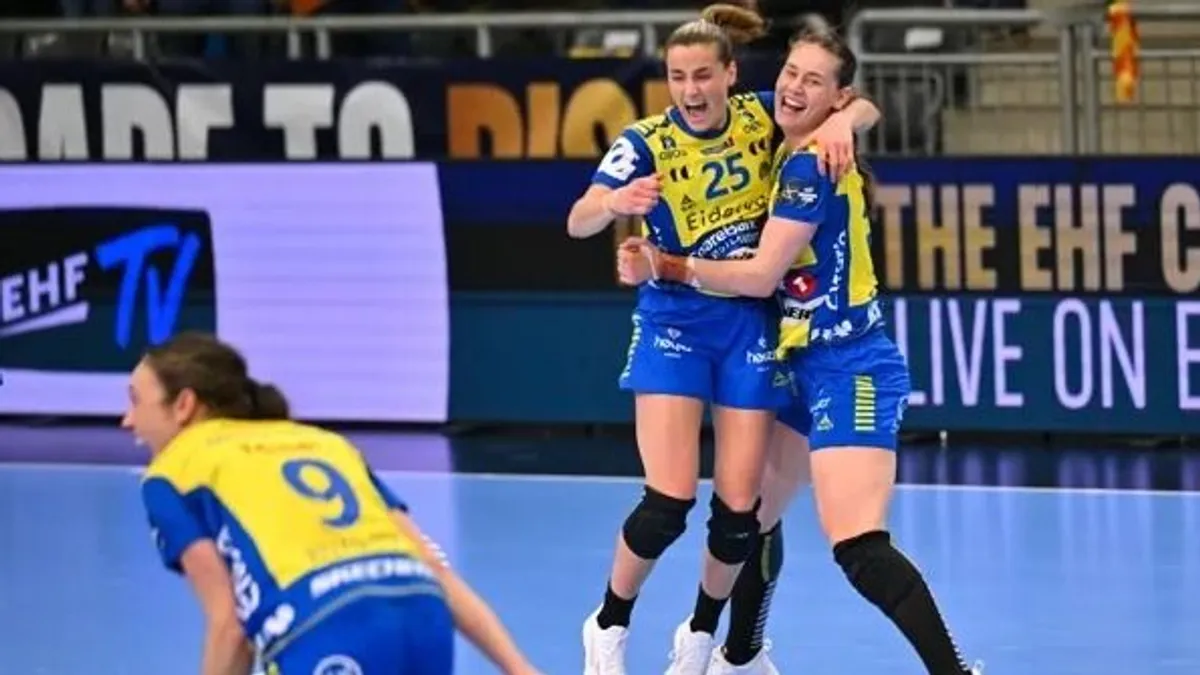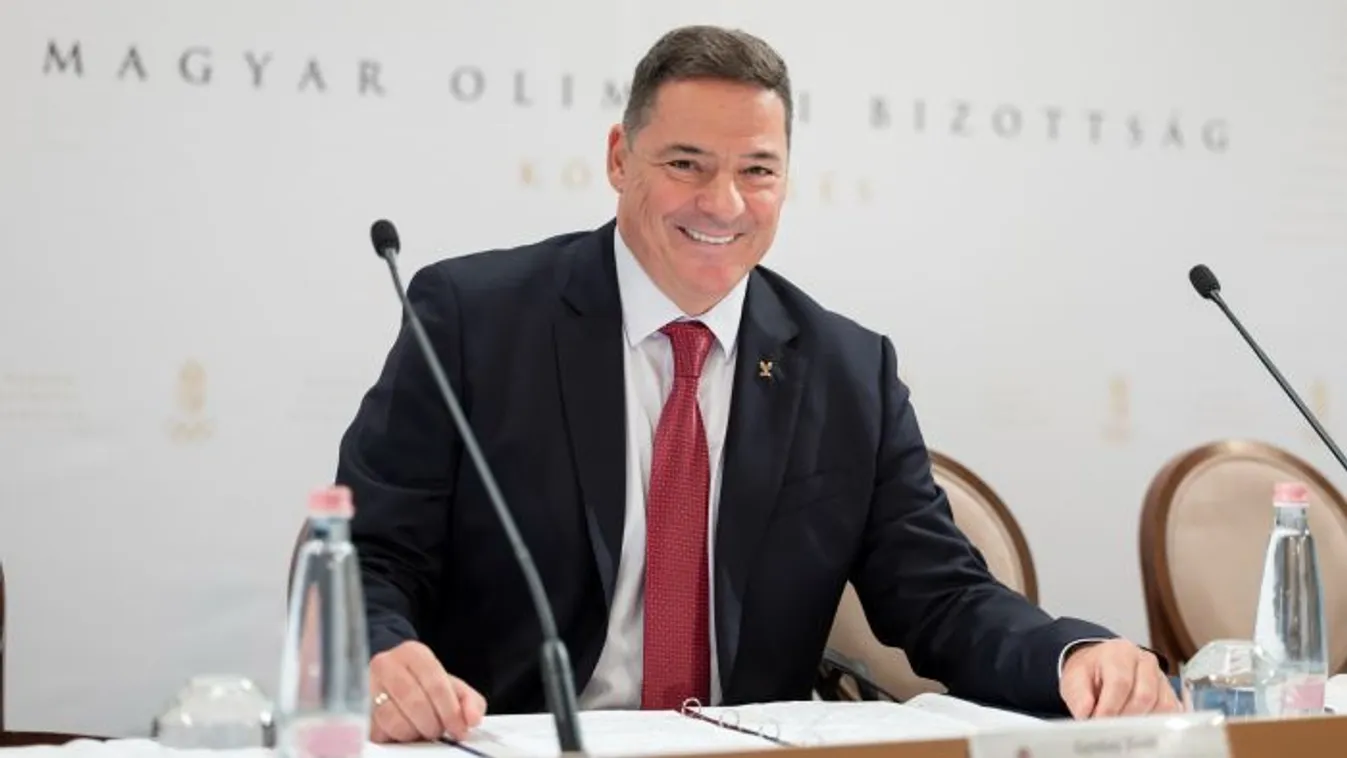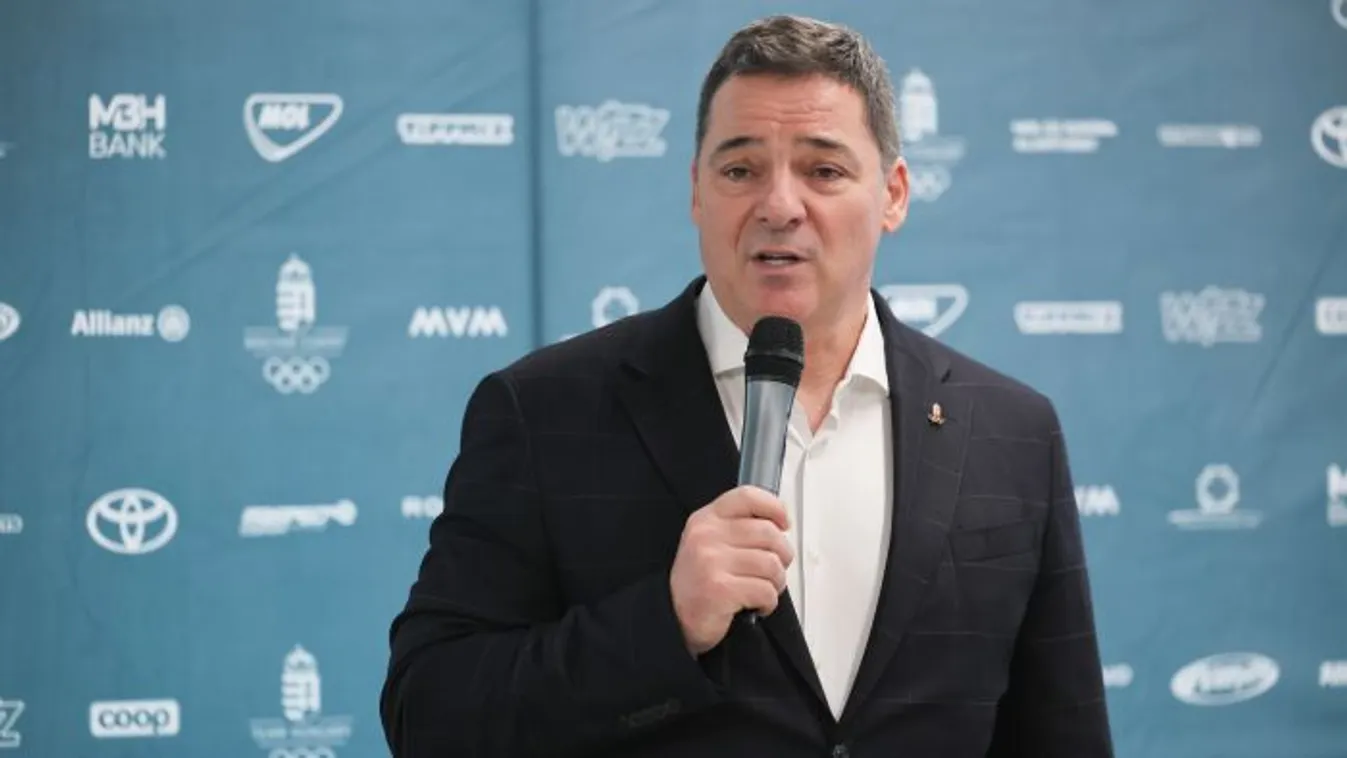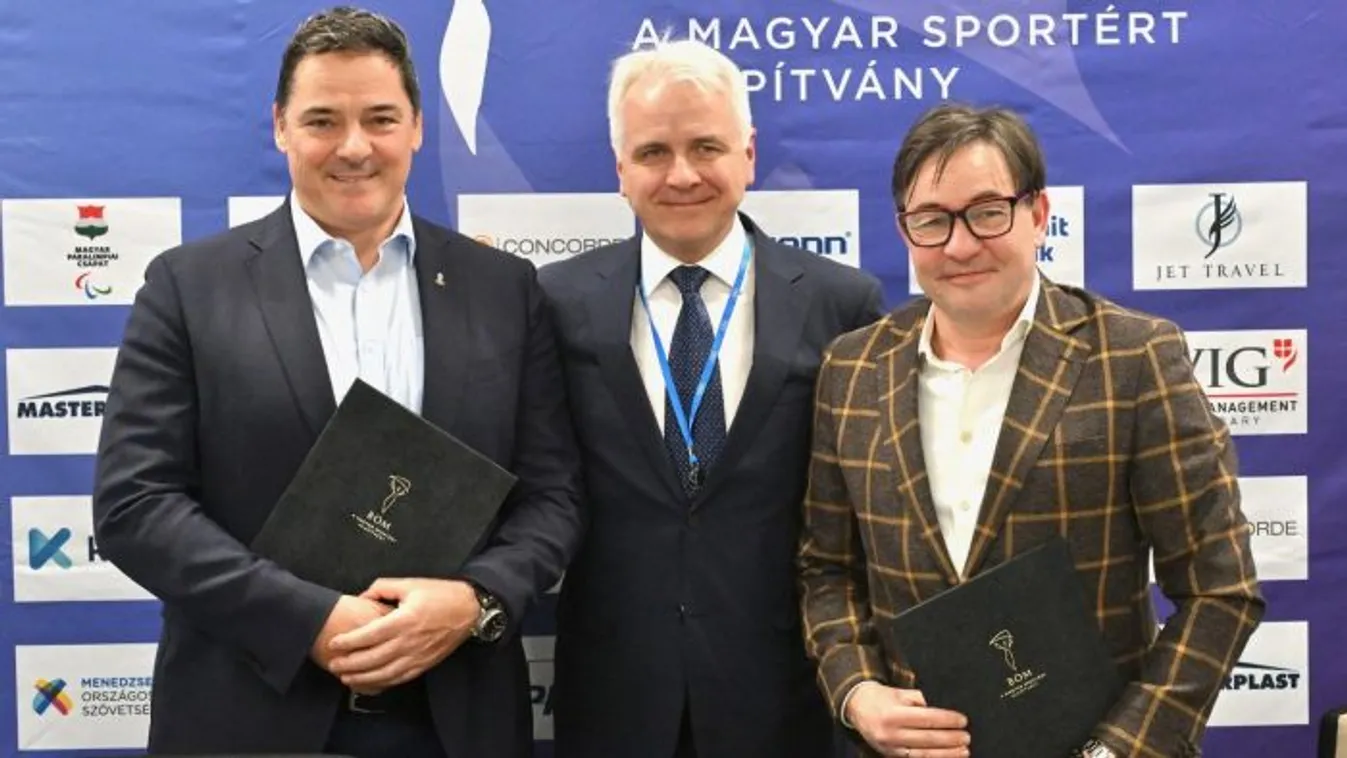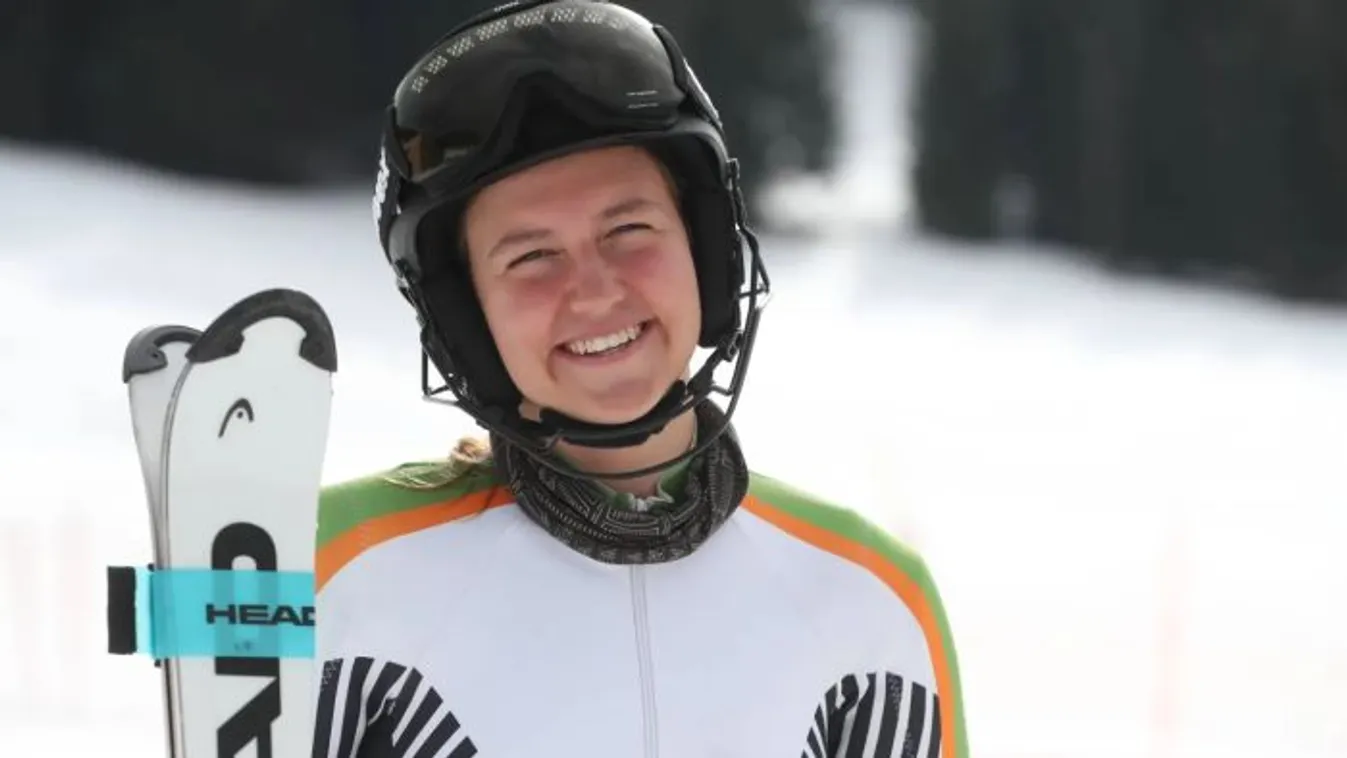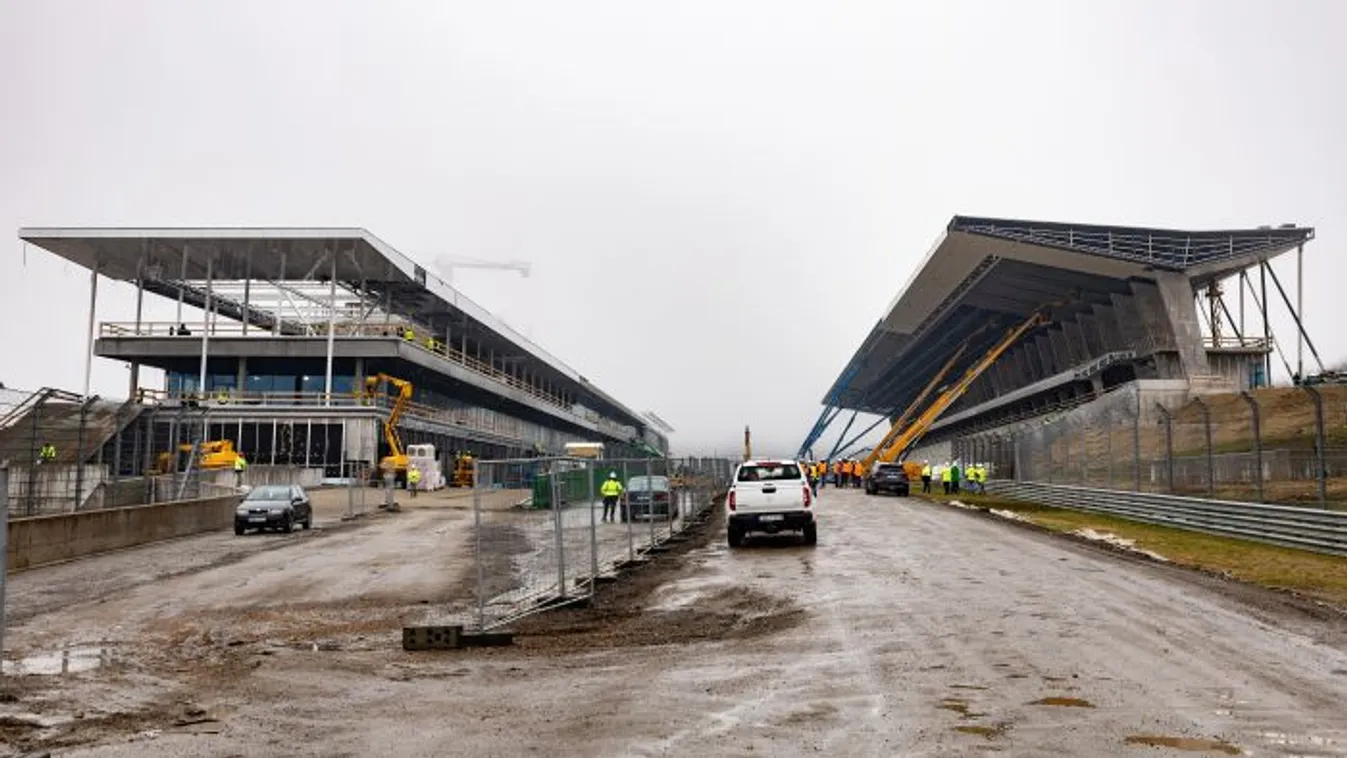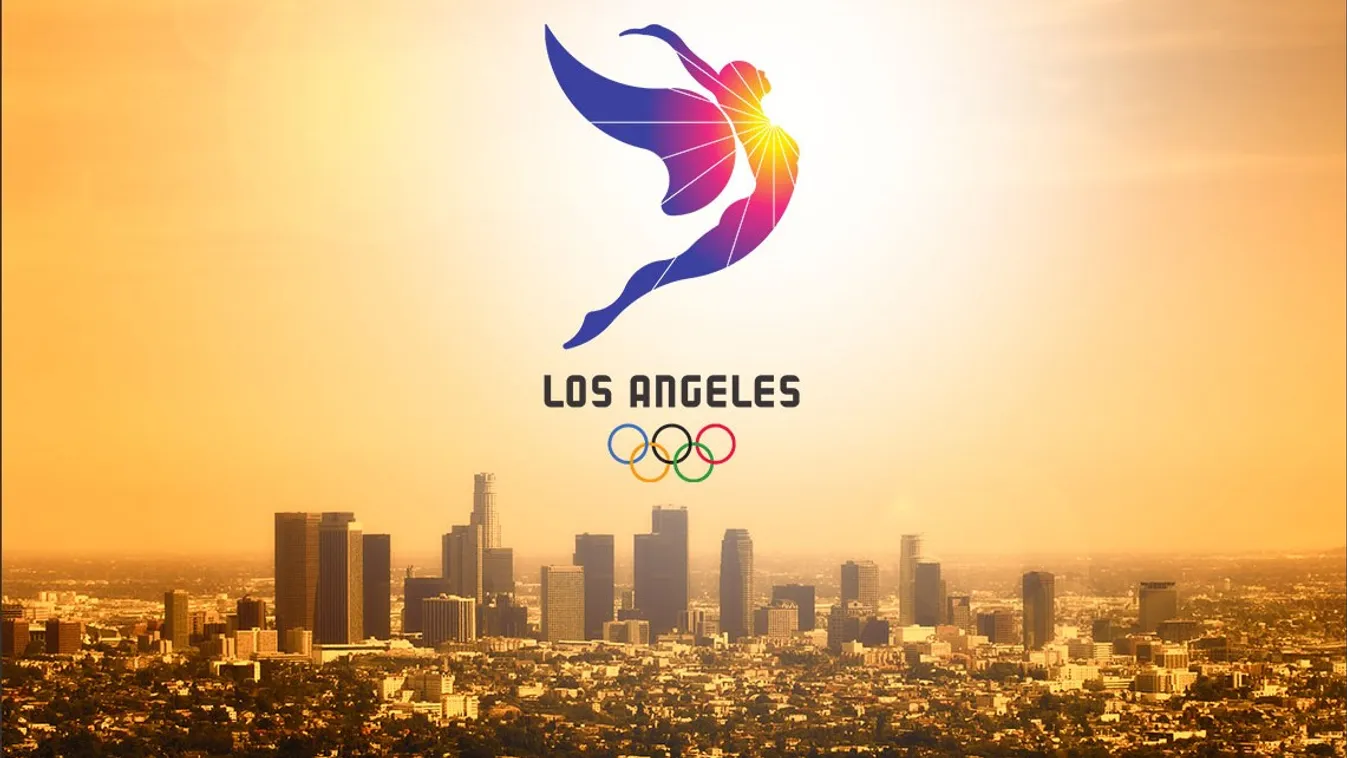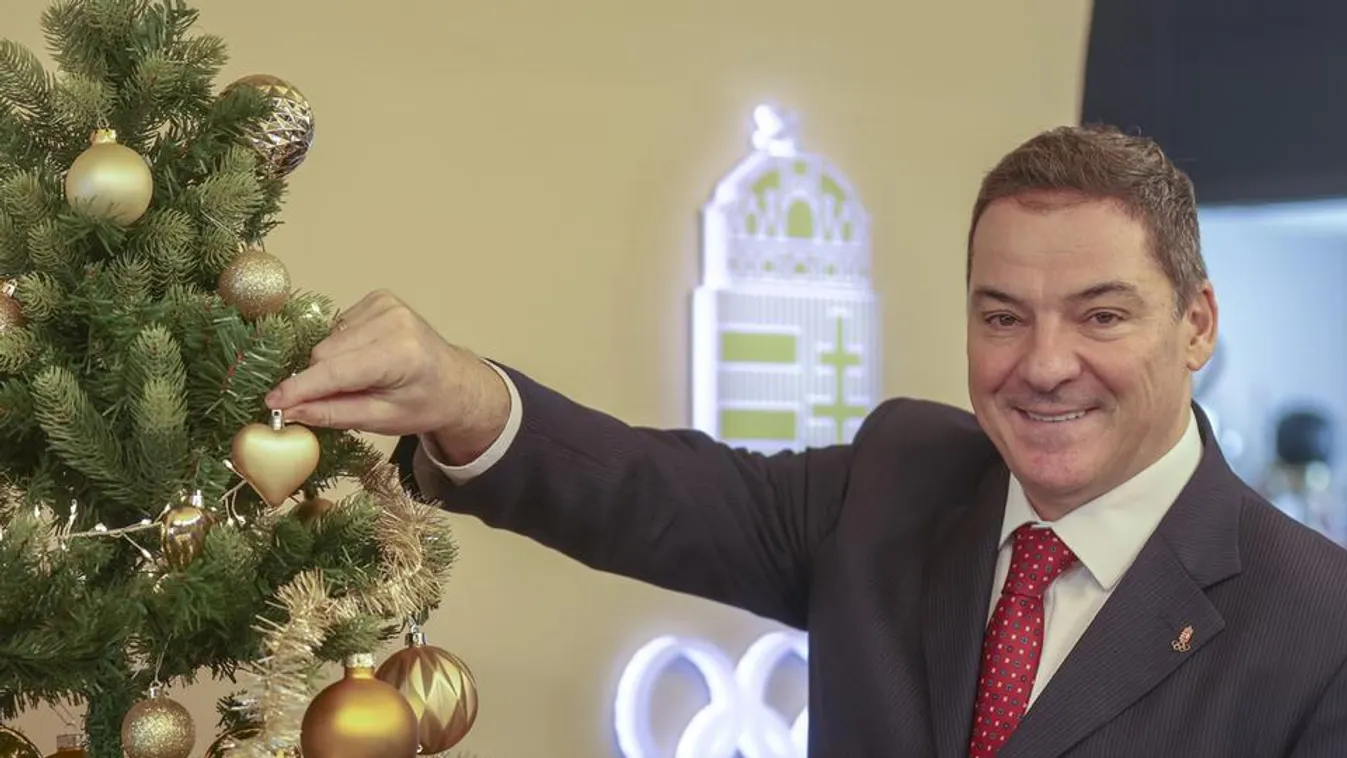
– This year is a special one, as you have been elected President of the Hungarian Olympic Committee. In what way how has your life changed?
– The last twelve years have not been easy either because it is a big challenge to manage Hungaroring Sport Zrt. That is my current job, and my role as President is a social mandate which takes up much more of my time than I had previously thought. But this is not because of its nature, it's because of me: I have a love for the Olympic movement, I grew up in it, so I can't help but be involved in everything.
– Do you feel close to Olympism because you grew up in it, or do you feel the responsibility to do something for it as an Olympic champion?
– The latter. In the nineties, when Hungarian sports was struggling to keep up with the regime change, when it was in a difficult situation and looking for its place, we tried to make our voices heard. I always had an opinion, and I felt that, as a champion, I had to speak out.
– If anyone, you know exactly how much the world and the state of sports have changed.
– Everything we dreamed of then is now a reality, the change is amazing. Today, we can do a lot of things. I'll never forget that a Spanish duo won the K-2 500m at the 1991 World Championships, and their coach was Uncle Gyula Füzesséry. In the K-1 500, where I came third, the winning Canadian boy was coached by Imre Kemecsei and the runner-up’s coach was Zoltán Bakó. I remember how frustrated we all were; it was bad to see them go abroad to work and train our opponents.
– And it's just one sport.
– What's more, these were just my heats... The tendency was bad, and it was bad that our coaches were working abroad. I often wondered how they could be brought back and, as a successful racer, I expressed my opinion. I tried to influence sports politics.
– This year brought a similar story, but with an opposite outcome. We know your official opinion, but how do you feel about the short-track speed skating brothers, Shaolin Liu and Shaoang Liu, changing countries?
– I know there are those who see this as a tragedy, a betrayal, but I am able to keep a cool head and I really think we should be happy that they have been here so far and that they have competed in Hungarian colors. The Hungarian Olympic movement and the Hungarian Skating Federation owe a lot to the brothers. It will certainly be bad to see them on the ice representing another country, but we have to look ahead: there are many talented youngsters in short track, and we have to help them.
– Sticking with boys and the sport for a little more. As MOB President, you experienced the first success in Beijing. As a summer Olympic athlete, what do you think of the Winter Games?
– It was cold... Although the Winter Olympics is smaller in size and the number of participants than the Summer Olympics, the atmosphere is the same. Beijing was also excellent, even if there were strict regulations because of the coronavirus epidemic. I had always thought that the Olympics was the most fantastic event in the world, and Beijing proved that.
– And there's another Olympics just around the corner, with Paris hosting the 2024 Summer Games. How far ahead can a MOB President see, how far ahead should you plan when there is so much to do on a day-to-day basis?
– My mandate is until the 2024 Olympics in Paris, but we have to look ahead to 2028, while really taking care of everything else, such as tradition and restoring the prestige of the Hungarian Olympic Committee.
– Do you never get tired?
– I don't have time for that. Now it's like when I used to put my head down and work during the winter and spring preparation period. I'm coming from a sport where if you miss two weeks, you're falling behind. I've acknowledged that this is not a time in my life when I can rest. It's not up to the Hungarian Olympic Committee how many quotas we get for the Paris Olympics, because the work is done in the federations, in the associations, in the workshops. However, it is up to us to build a supportive environment around them that helps them.
– We are bound by the past, but why do you think we are so successful at the Olympics?
– We were the sixth country in the world to have an Olympic committee. There is a great tradition of sports in Hungary, and there is a certain emotion about Olympism. We are hungry for success because our country has had enough adversity in the last hundred years. We need to feel the joy of the winners, and it always touches people, which is also a special motivation for athletes. I'm experiencing it now: wherever I go, I'm still a sprint canoer, people come up to me, congratulate me and tell me they cried when I stood on the top of the podium at the Seoul Olympics.
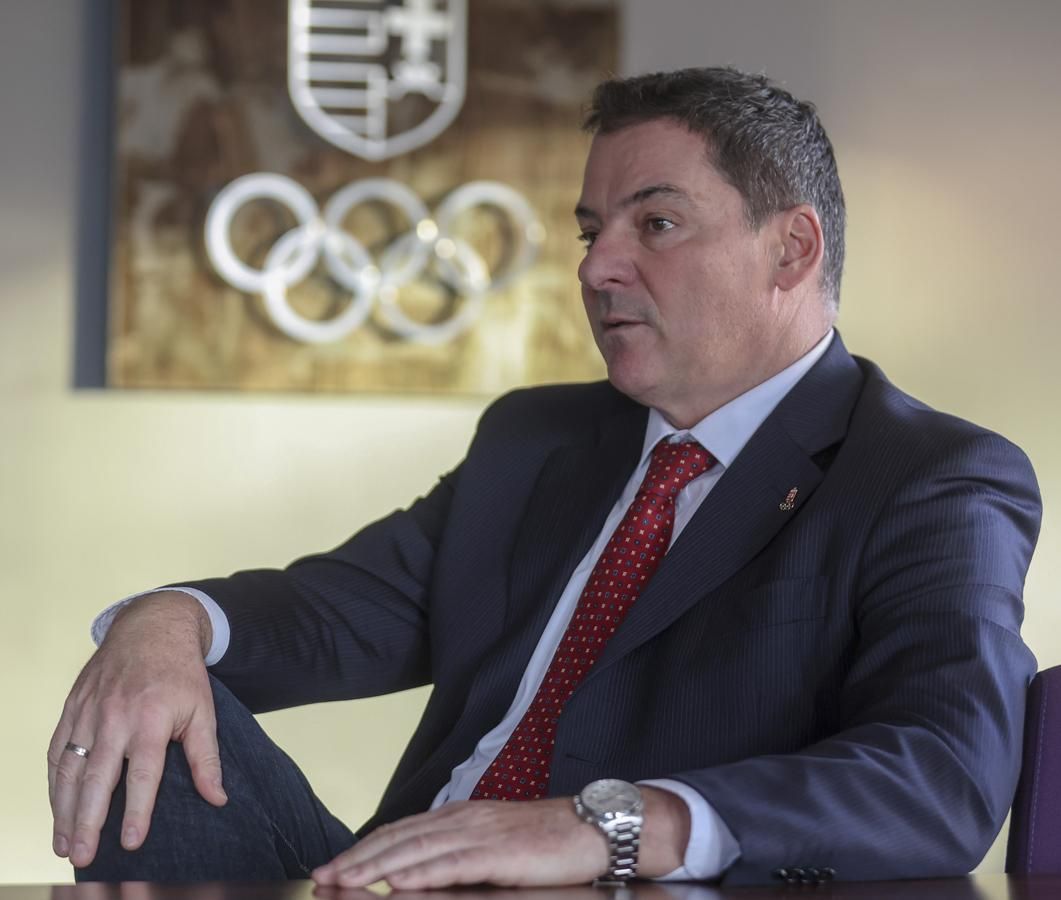
– The question would be too banal to tell us how you felt there, on the top of the podium... Instead, tell us if there is any Hungarian Olympic victory that particularly touched you.
– I was most moved by Áron Szilágyi's victory in Tokyo. I failed to defend my title in Barcelona, I was twenty-four hundredths of a second away, but Áron was able to do it twice. The fact that he won three times in a row in the individual saber event was very touching. It is moving that there is someone who, although the ups and downs between the Olympics didn’t avoid him either, still can absorb himself, especially in a sport where it only takes one wrong move to be eliminated from the competition.
– But it is good for the MOB President to have such an athlete on his team...
– And I could go on and on about those who have won an Olympic medal and remained humble. I could mention Krisztián Berki, who is doing a great job in the gymnastics federation, or Dániel Gyurta, who is traveling the country and the world promoting the Olympic movement.
– There are champions who are not satisfied with just having a title in the past.
– We receive a secure annuity for our Olympic achievements, and it is our duty to continue to do something for Hungarian sports after our competitive careers.
– Many say so, but is there really some invisible bond between the champions?
– One of the most important tasks of the Hungarian Olympic Committee is to bring the participants of the Olympic movement together: to encourage our members to be active, to listen to everyone, including those Olympians who are finding it harder to cope. Our community has always stuck together, cherished the Olympic ideology, and yes, there is a bond between us - even more so for those who have won at the same Olympics.
– Can an Olympic title help you in your everyday life? If you evaluate, or you find yourself in a difficult situation, do you think back to your victory?
– For a long time, I suppressed it because I didn't think I had to live off my victory in Seoul. I thought I had to make a living in civilian life without it. But if I got discouraged, if I had a difficult moment, I would rewatch my final or think back on it: I just put myself out there, so I know something! You said before that you wouldn't ask me how I felt at the top of the podium, but I remember it crystal clear: I knew something big had happened, but I was just happy to have reached the top in my profession. That I was able to be the best in the world at that moment in that distance. I knew that the Olympic title was worth a lot, but I also knew that the glory of the world would pass one day.
– Are you seriously saying that you already thought of this in Seoul?
– Yes. When we won K-4 after K-1, we celebrated. I went into the garage and saw the Sarusi-Vaskuti canoe pair that finished sixth in C-2 in 500m. They were opening a small bottle of champagne, saying goodbye – they experienced the end of a career with a failure. Even then I knew it would reach me as well. And it did.
– In Atlanta.
– Yes. I was bitter while the Kolonics-Horváth canoe duo was celebrating. The same thing happened to me as in Seoul, only I was on the other side. But that's the way of the world, I think I was able to live the moment calmly, to see my situation realistically, both times.
– Will you have time to relax during the holidays?
– I would love to, I'm looking forward to it. My third grandchild was born five months ago, the other two are now three, and I would like to spend more time with them.
– What kind of grandfather is Zsolt Gyulay?
– I was very much preparing for grandfatherhood, but I didn’t think I would have so much work to do. I feel remorse about this because although we live close to each other – as in, we are in touch daily - I cannot be with them for long. I'd like to make up for it a bit.
– Do you usually make a New Year's resolution?
– I sum up my day, my to-do list every night. You can call it a prayer, a plan, a vow, or a resolution. It is impossible to live without goals, and I've also found that it's better to have a framework for your life - as long as I have these tasks, I must have goals.
translated by/fordította: Orosz Vanda
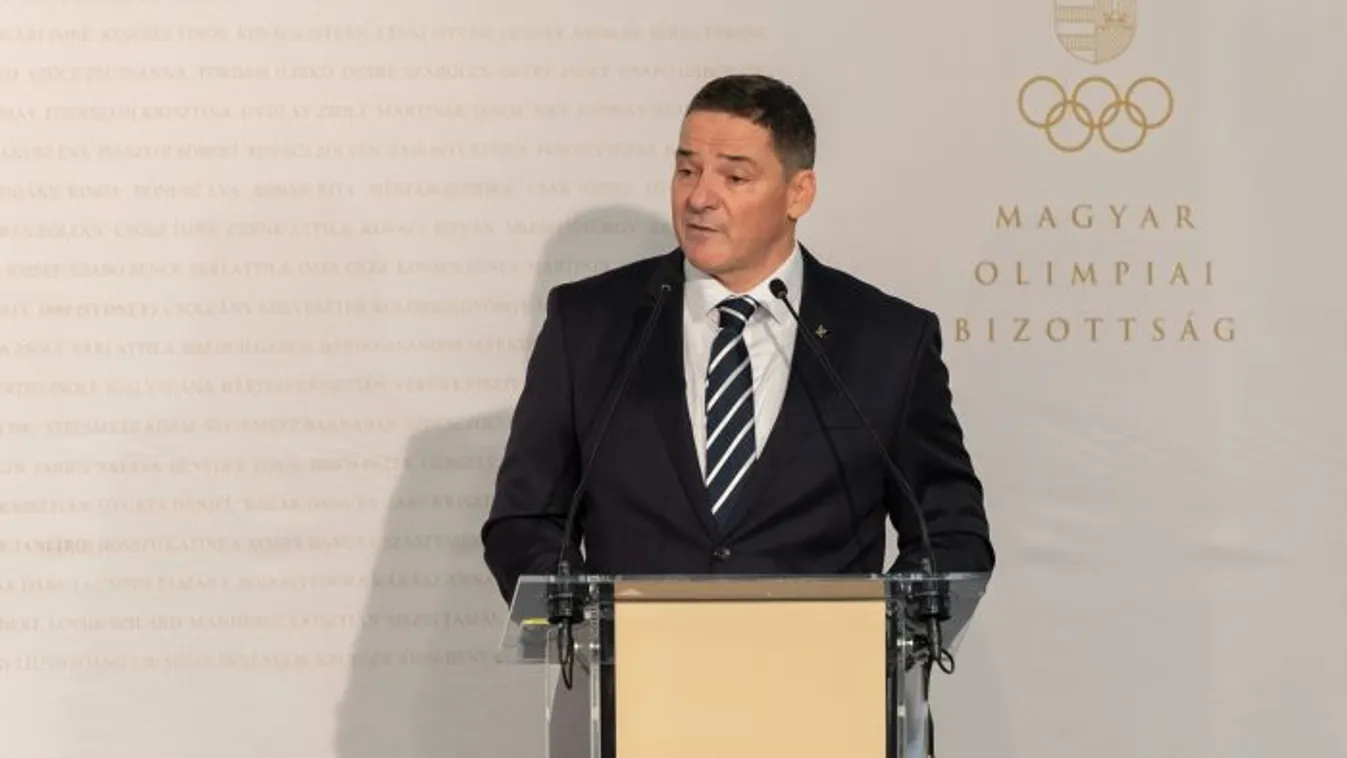
MOB: május 17-én lesz a következő közgyűlés
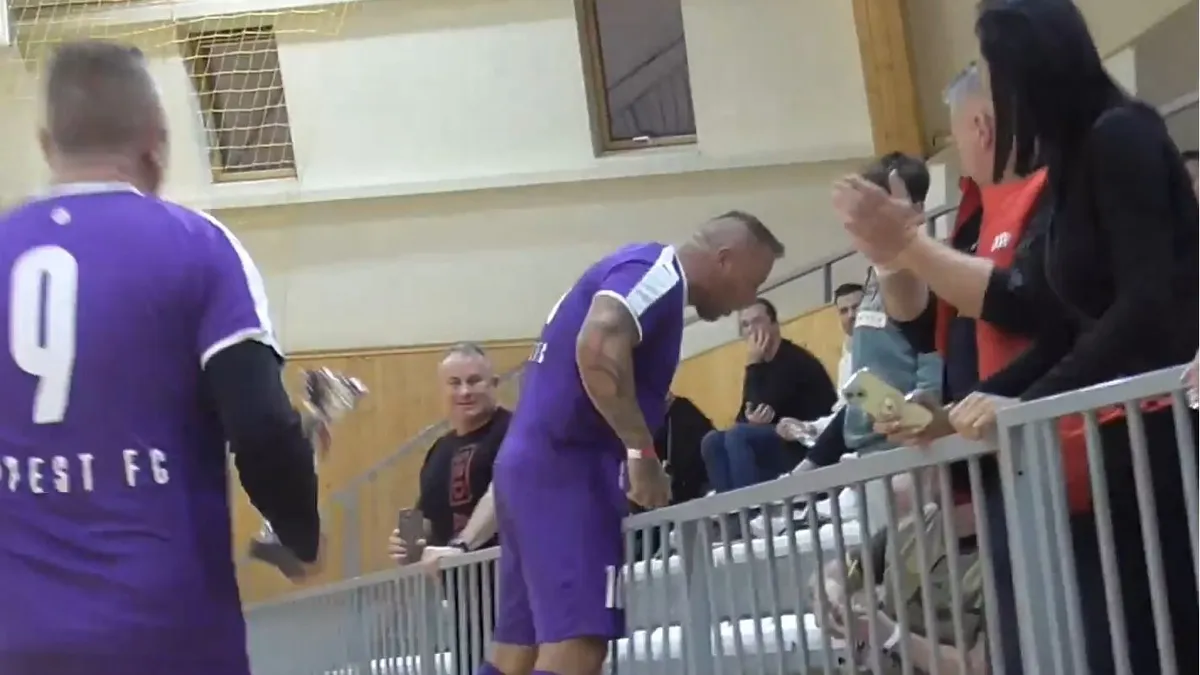
Curtis pofonvágta az őt gyalázó szurkolót a lelátón
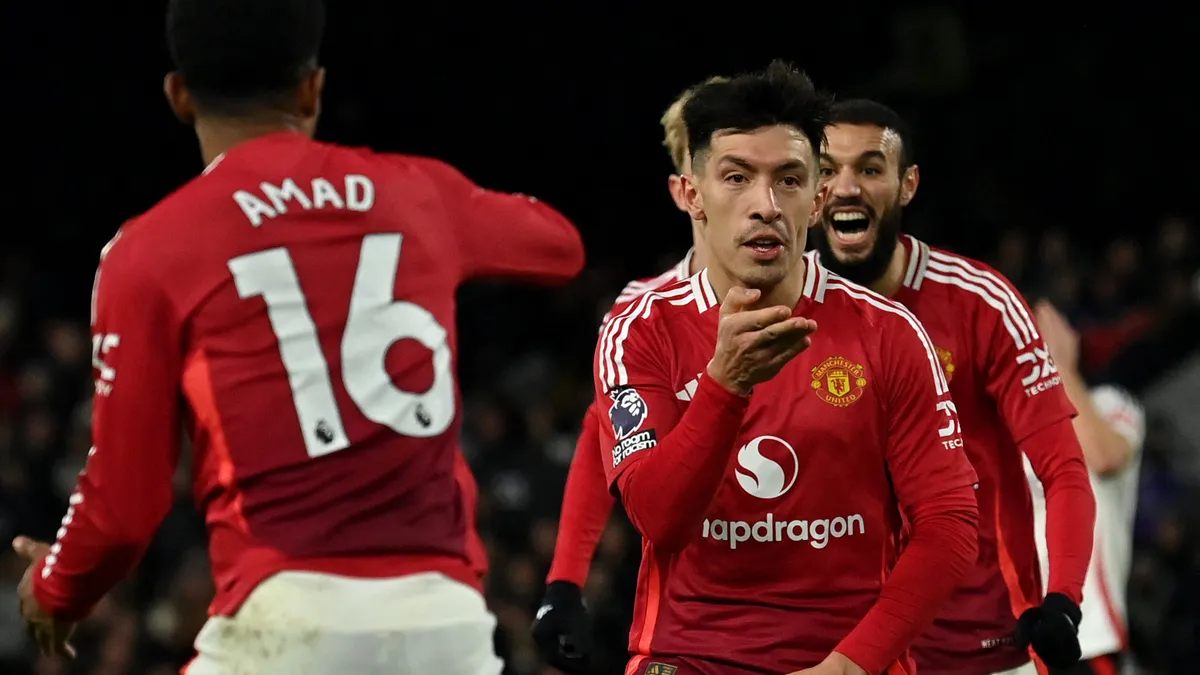
Az MU egyszer találta el a kaput, de egy szerencsés góllal így is nyert
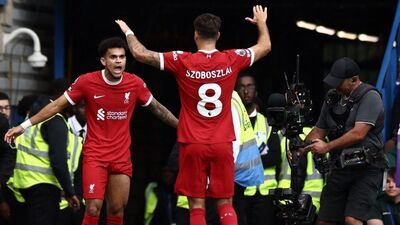
Ez nem hiányzott: Szoboszlai Dominik még egy világsztár miatt aggódhat!
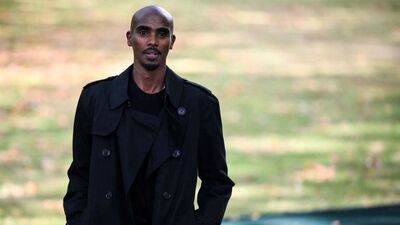
Milliárdokért árulja luxusotthonát az olimpiai bajnok

Villámgyors finomság – az 5 legjobb tejbegrízrecept
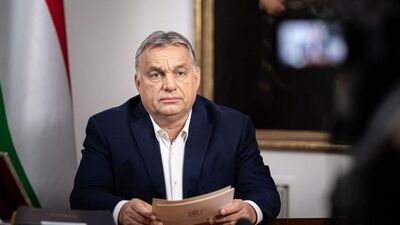
Orbán Viktor elutazik, ezen a helyen magyar kormányfő még nem járt
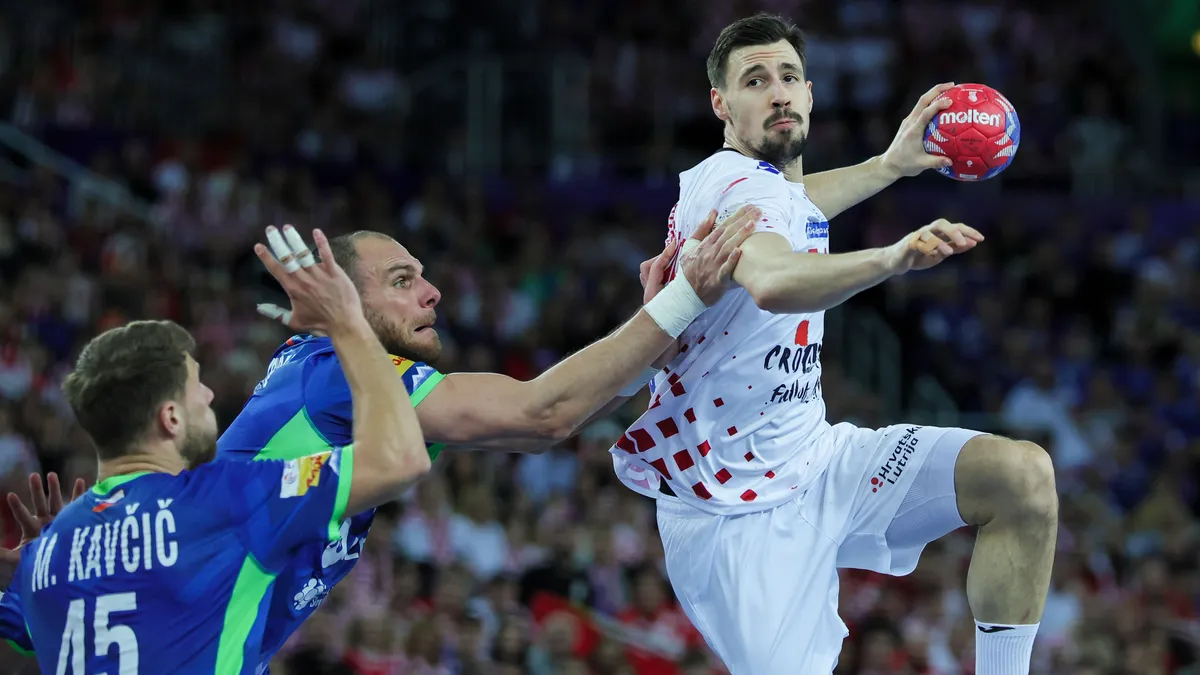
A szlovénokat legyőző Horvátország lesz a mieink negyeddöntős ellenfele kedden 18 órakor a kézi-vb-n
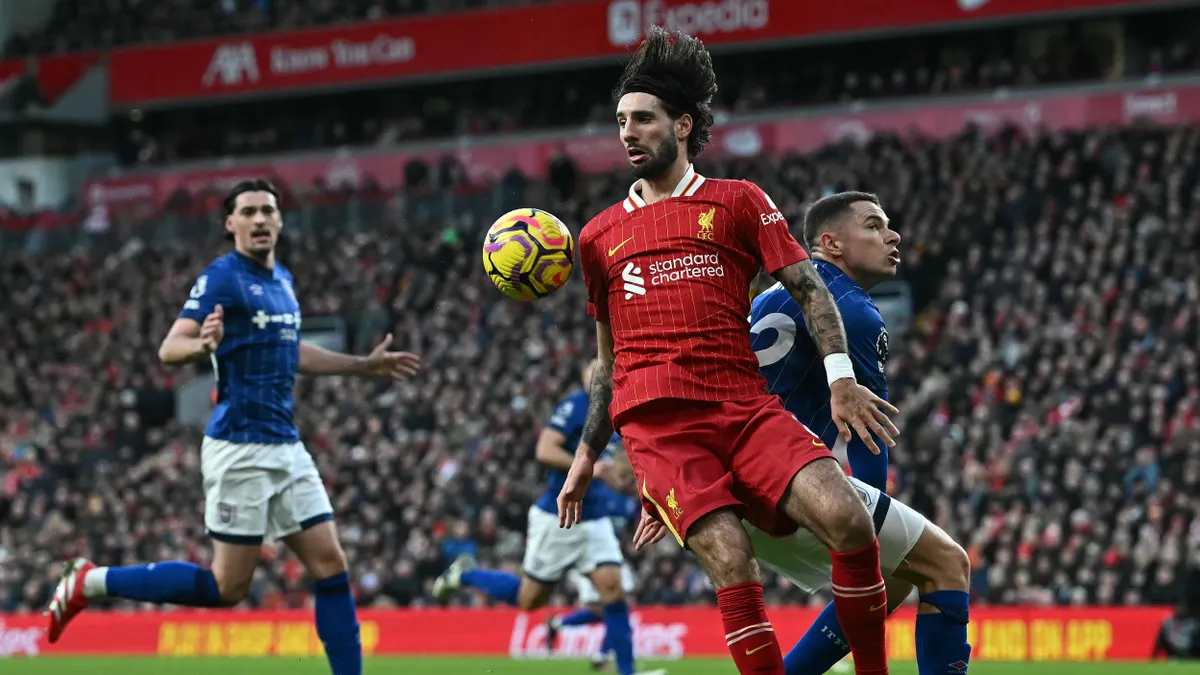
Szoboszlai szenzációs passzán ámul a világ - videó

A Chiefs újabb drámai meccsen nyert a Bills ellen – triplázás kapujában a Kansas City!
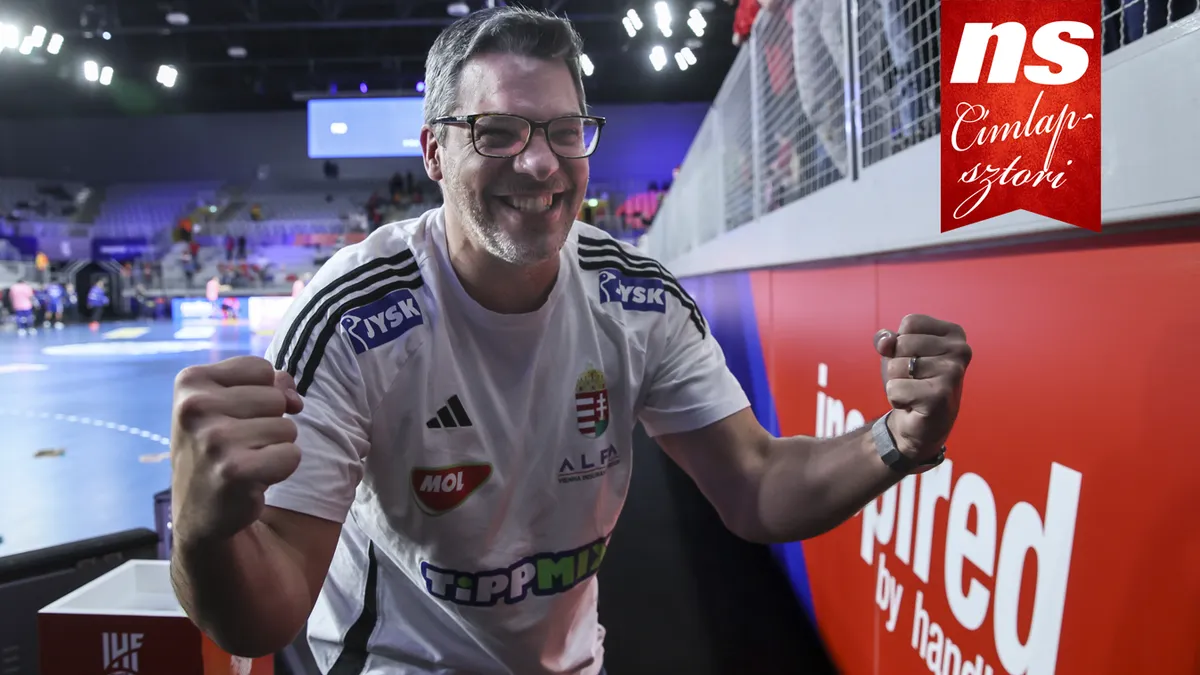
Chema Rodríguez: Óriási dolog, hogy sorozatban harmadszor ott vagyunk a nyolc között
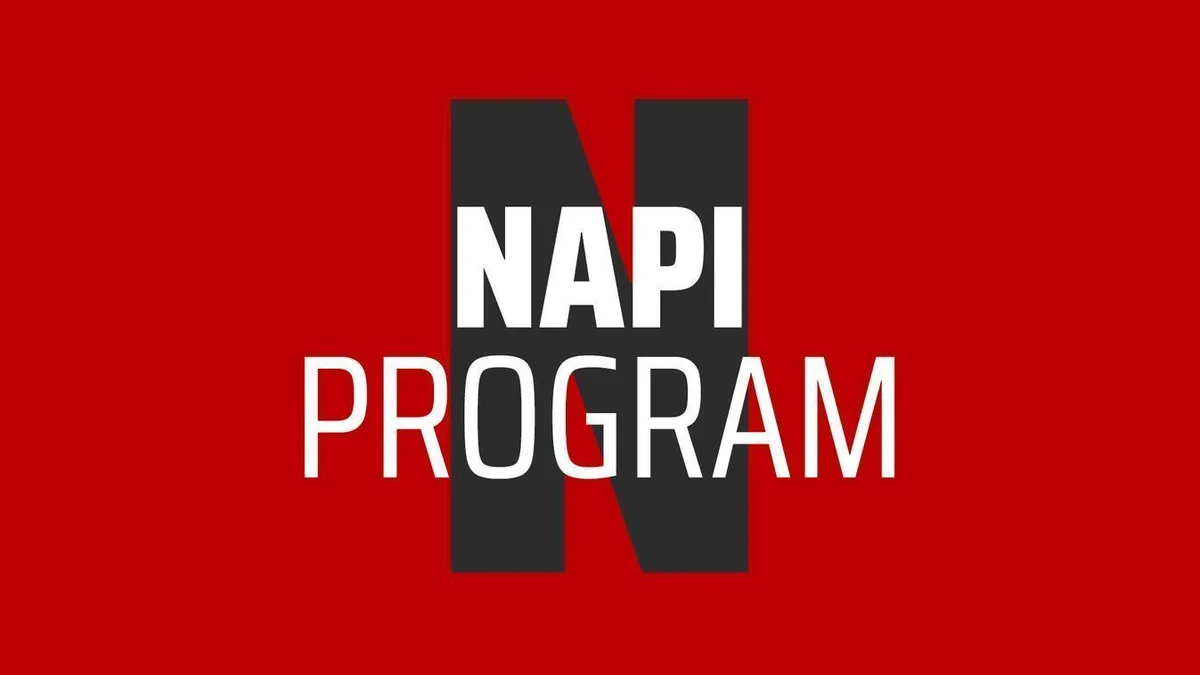
Hétfői sportműsor: olasz, spanyol és angol futball, magyar futsal
